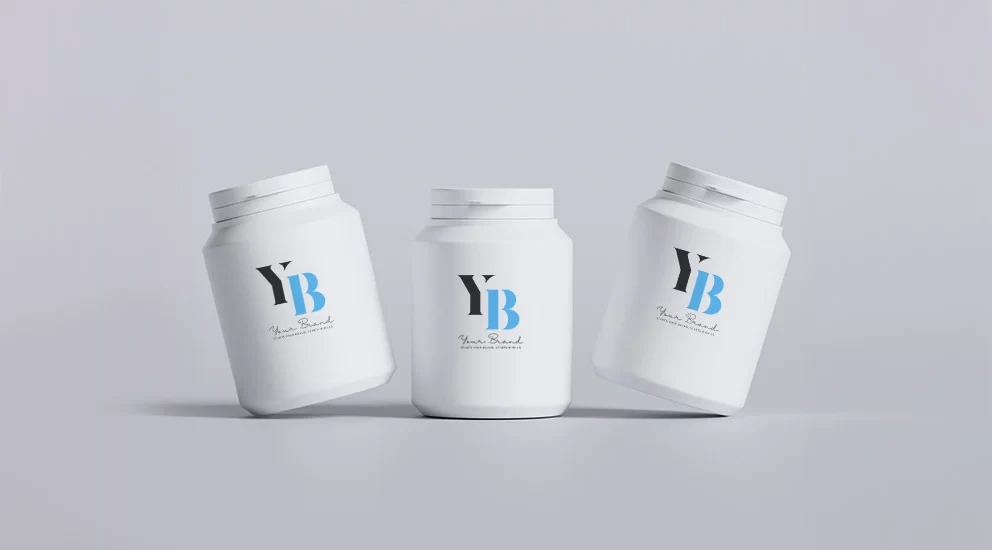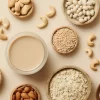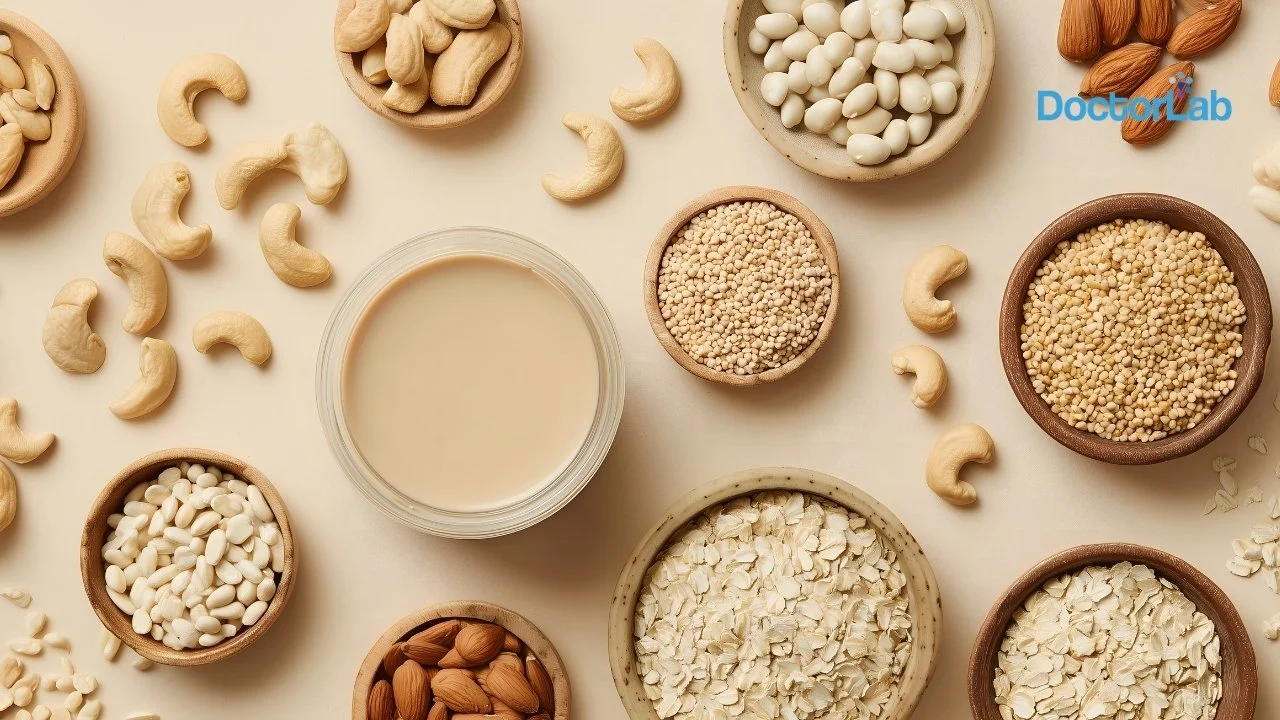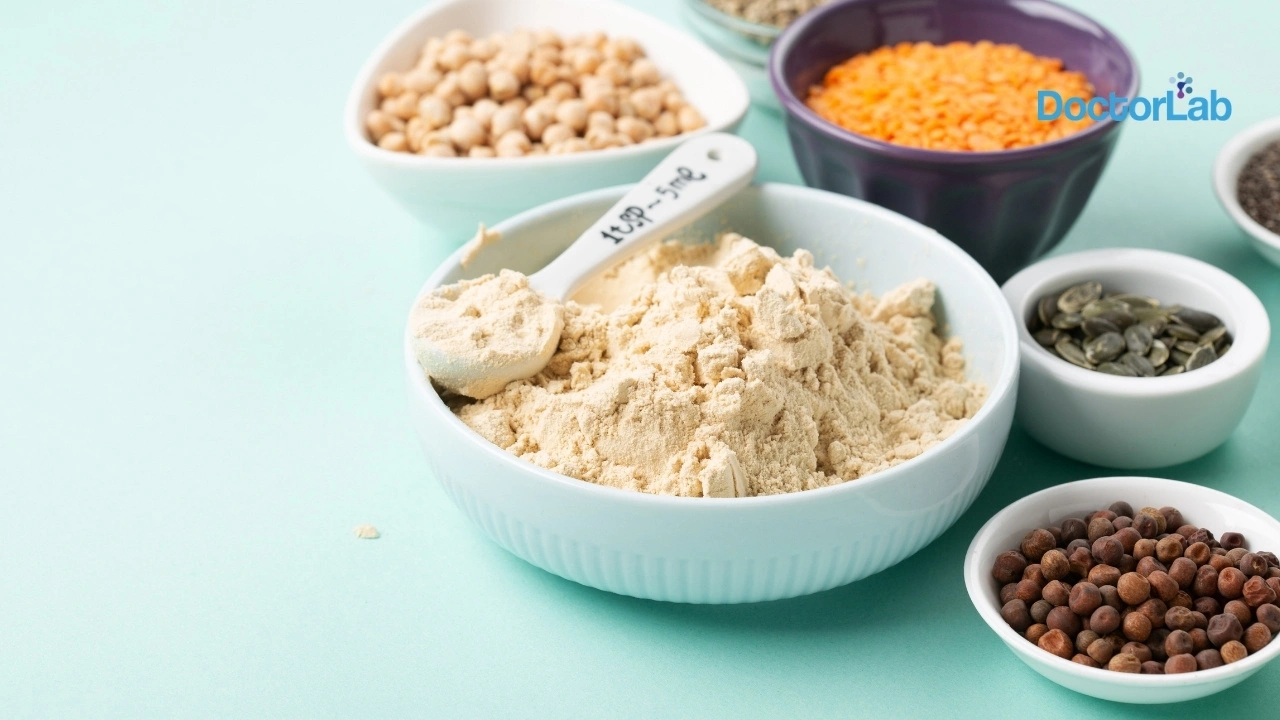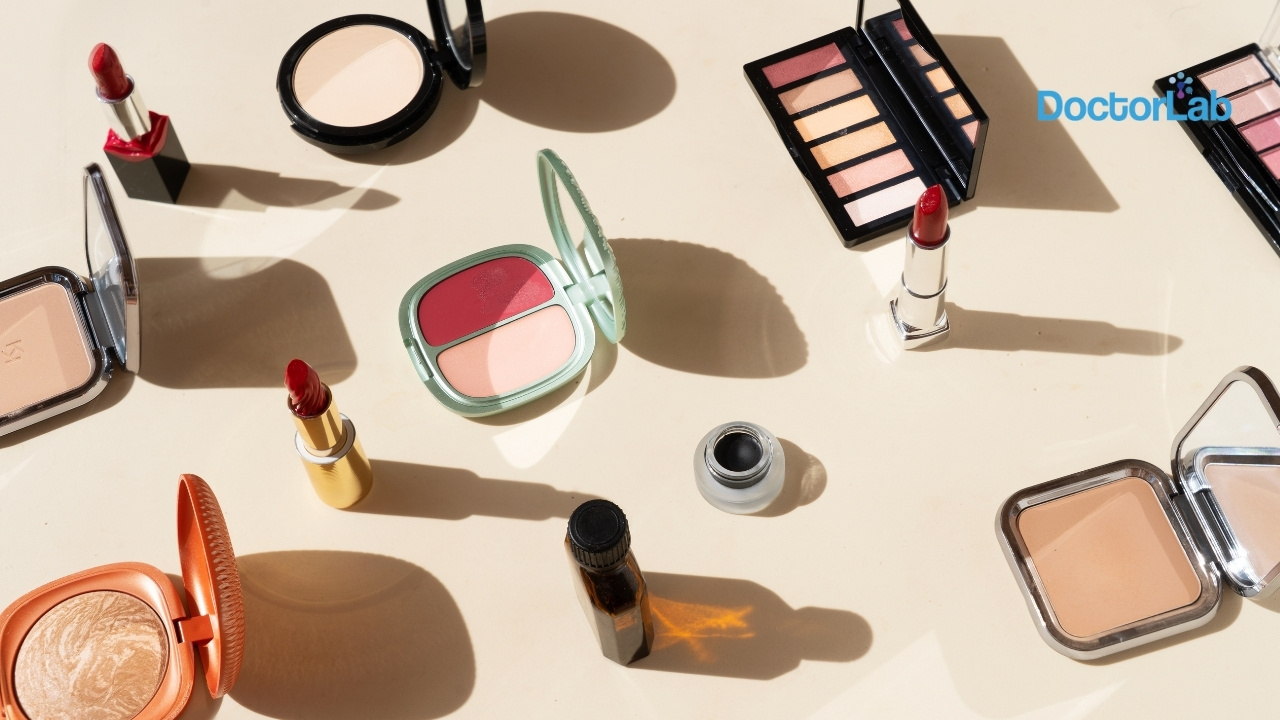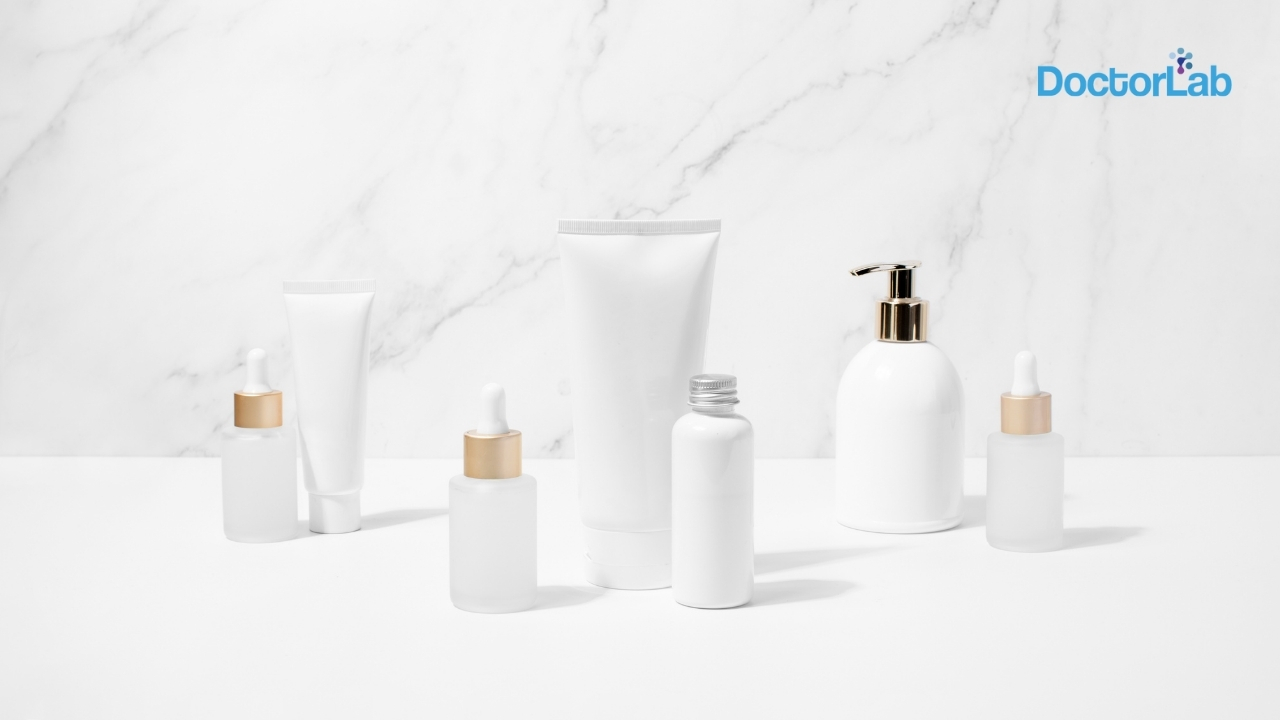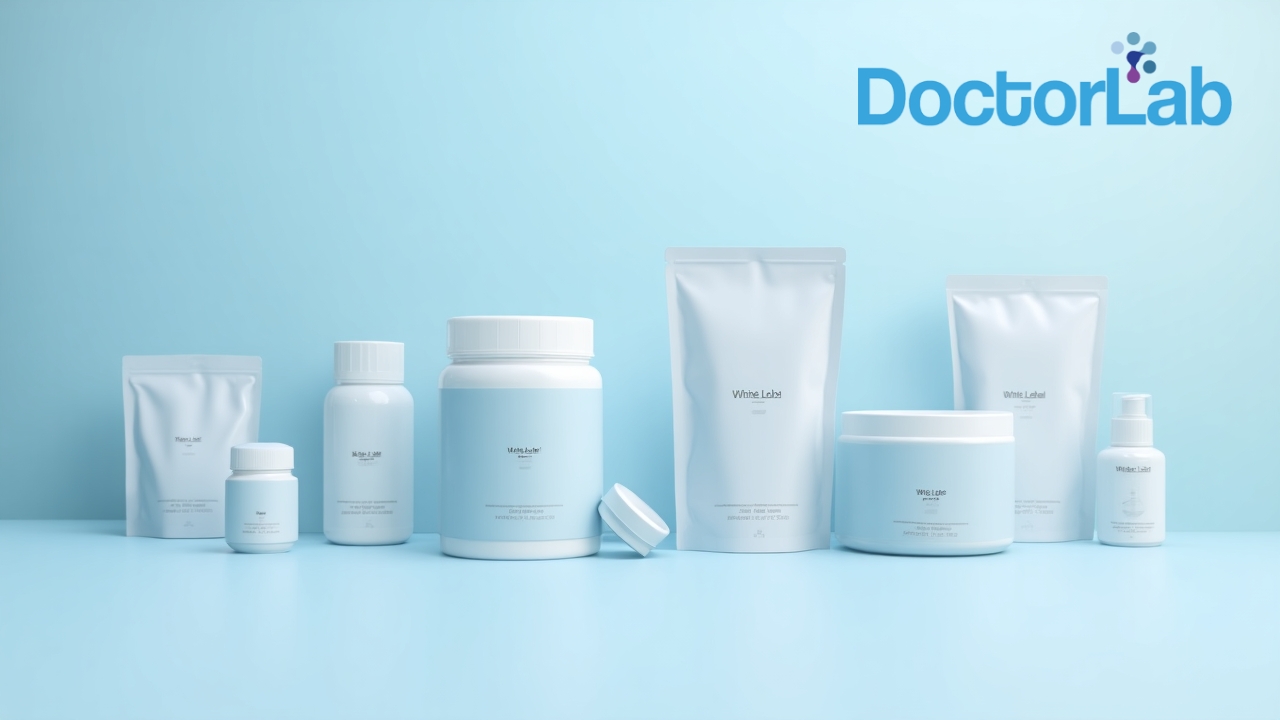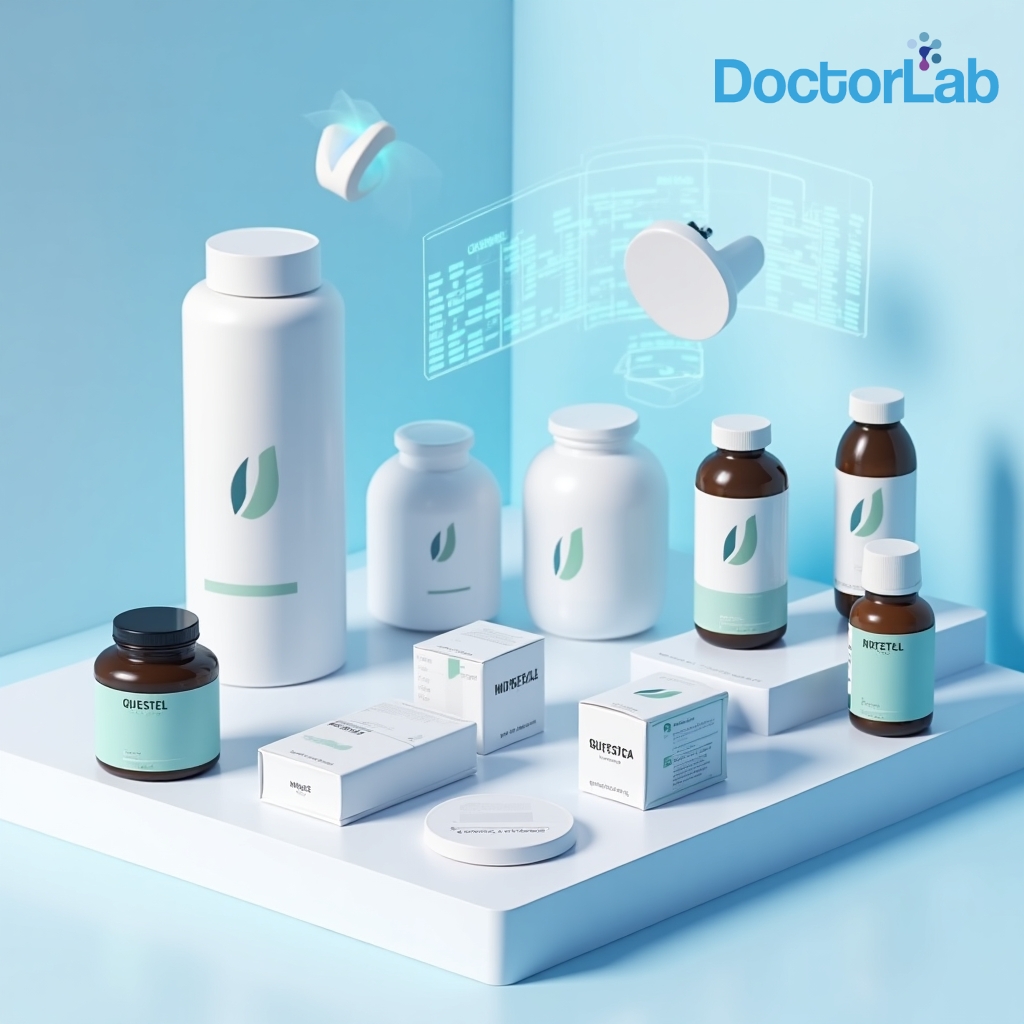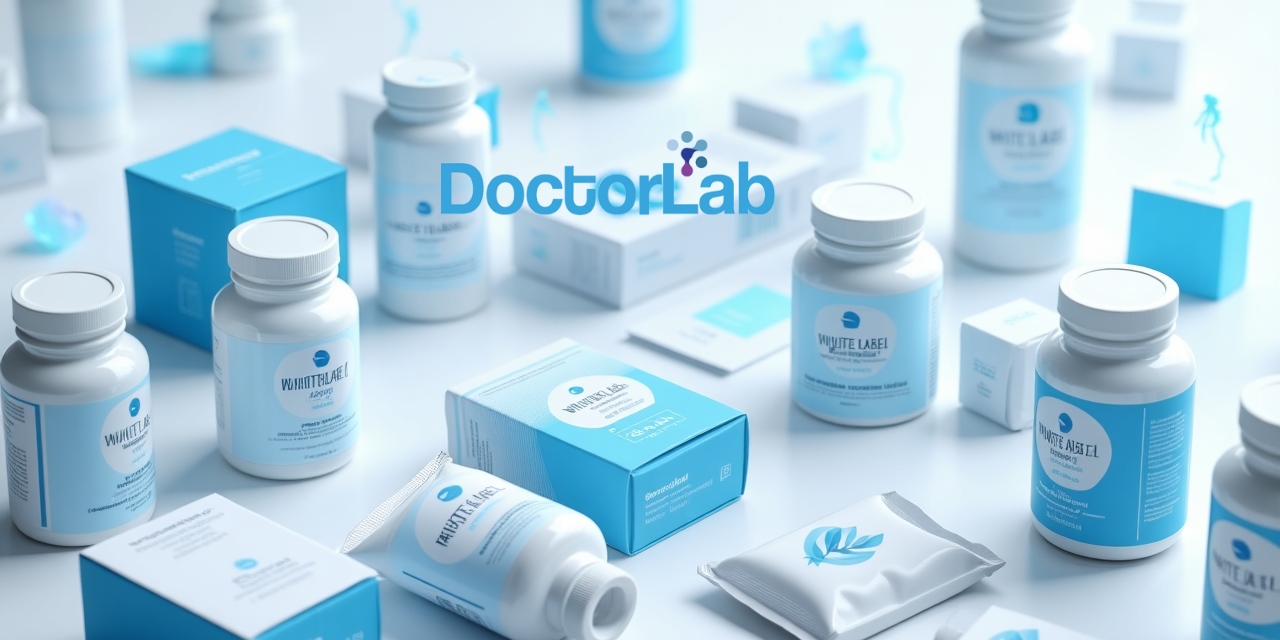In today’s beauty-obsessed world, collagen reigns supreme as the key to youthful skin, vibrant hair, and strong nails. But have you ever wondered what goes on behind the scenes at collagen production factories? These hidden powerhouses are essential in transforming raw materials into the beloved beauty elixir found in countless products. From sustainably-sourced collagen to cutting-edge extraction processes, the methods utilized in these factories shape the wellness landscape we know today. Join us on a journey into the intricate world of collagen production, where science meets beauty and innovation fuels transformation. Discover how these facilities not only enhance our beauty routines but also uphold ethical standards, paving the way for a more radiant future. Unlock the secrets that lie within this booming industry, and understand how collagen truly works its magic from factory floor to your skincare shelf.
Understanding Collagen: The Key to Beauty
Collagen is often heralded as the secret ingredient for maintaining youthful skin, healthy hair, and strong nails. This versatile protein is the most abundant in the human body, accounting for approximately one-third of the body’s protein composition. It acts as the building block for our skin, tendons, ligaments, and other connective tissues, providing structure, strength, and elasticity. As we age, the natural production of collagen decreases, leading to signs of aging such as wrinkles, sagging skin, and brittle hair and nails. This is where collagen supplements and skincare products come into play, aiming to replenish the body’s collagen levels and reverse these visible signs of aging.
The interest in collagen extends beyond mere aesthetics; it is also crucial for joint and bone health. Collagen supplements have been shown to alleviate joint pain and improve joint function, making them popular among athletes and individuals suffering from arthritis. Additionally, collagen supports gut health by strengthening the gut lining, which can help prevent conditions like leaky gut syndrome. With such a wide array of benefits, it’s no surprise that collagen has become a staple in the beauty and wellness industries.
Despite its popularity, many people remain unaware of what collagen actually is and how it works. Educating consumers about the role of collagen in the body and its various forms can help them make informed decisions when selecting collagen products. Understanding the science behind collagen and its benefits is the first step in appreciating the complex processes involved in its production and the innovative methods employed by collagen production factories.
The Science Behind Collagen Production
Collagen production begins with the extraction of collagen from animal or marine sources. Bovine (cow) and porcine (pig) collagen are commonly used due to their high compatibility with human collagen. Marine collagen, derived from fish skin and scales, is also popular for its superior absorption rate and bioavailability. The extraction process involves breaking down the collagen-rich tissues into smaller peptides through hydrolysis, a method that uses water and enzymes to cleave the protein into more manageable fragments. This process not only makes the collagen easier to incorporate into supplements and skincare products but also enhances its effectiveness by increasing its absorption in the body.
Once extracted, the collagen peptides undergo a series of purification steps to remove any impurities and ensure the final product is of the highest quality. This often involves filtration, centrifugation, and sterilization techniques to achieve the desired purity and safety standards. Advanced technologies, such as membrane filtration and chromatography, are employed to isolate the collagen peptides and remove unwanted components like fats, minerals, and other proteins. The result is a highly concentrated form of collagen that can be easily incorporated into various products.
In recent years, there has been a significant focus on developing plant-based and lab-grown collagen alternatives to address ethical and sustainability concerns associated with animal-derived collagen. These innovative approaches involve using genetically engineered microorganisms, like bacteria or yeast, to produce collagen in a controlled laboratory environment. By mimicking the natural collagen production process, scientists can create bio-identical collagen that offers the same benefits without relying on animal sources. This not only reduces the environmental impact of collagen production but also expands the market to include vegan and vegetarian consumers.
Types of Collagen and Their Benefits
There are several types of collagen, each serving different functions within the body. The most common types found in supplements and skincare products are Type I, Type II, and Type III collagen. Type I collagen is the most abundant and is primarily found in the skin, bones, tendons, and ligaments. It provides structure and strength to these tissues, making it highly effective in promoting skin elasticity, reducing wrinkles, and enhancing overall skin health. Type I collagen is also beneficial for maintaining strong bones and supporting joint health.
Type II collagen is predominantly found in cartilage, the flexible connective tissue that cushions our joints. It plays a crucial role in maintaining joint health and preventing degenerative conditions like osteoarthritis. Supplements containing Type II collagen are often used to alleviate joint pain and improve mobility, making them popular among athletes and individuals with joint issues. Unlike Type I collagen, Type II collagen is not as effective for skin health but is essential for maintaining healthy joints and cartilage.
Type III collagen is found alongside Type I collagen in the skin, blood vessels, and internal organs. It provides structural support and helps maintain the integrity and elasticity of these tissues. Type III collagen is particularly important for wound healing and tissue repair, as it aids in the formation of new blood vessels and supports the growth of new tissue. Supplements containing a combination of Type I and Type III collagen are often used to promote overall skin health, improve hydration, and reduce the appearance of fine lines and wrinkles.
The Role of Collagen in Skincare and Anti-Aging
Collagen plays a pivotal role in skincare and anti-aging, as it is responsible for maintaining skin elasticity, firmness, and hydration. As we age, the natural production of collagen decreases, leading to the formation of wrinkles, fine lines, and sagging skin. Collagen supplements and topical skincare products aim to boost collagen levels in the skin, helping to restore its youthful appearance and improve overall skin health. By replenishing the body’s collagen supply, these products can reduce the visible signs of aging and promote a more radiant complexion.
Topical collagen skincare products, such as serums, creams, and masks, work by delivering collagen peptides directly to the skin’s surface. These peptides penetrate the skin’s outer layer and stimulate the production of new collagen, helping to improve skin elasticity and firmness. Additionally, collagen-rich skincare products often contain other beneficial ingredients, such as hyaluronic acid, vitamins, and antioxidants, which further enhance their anti-aging effects. By incorporating collagen into their skincare routines, individuals can achieve a more youthful and vibrant appearance.
Collagen supplements, on the other hand, work from within to support the body’s natural collagen production. When ingested, collagen peptides are broken down into amino acids, which are then used by the body to produce new collagen. This process helps to improve skin hydration, reduce wrinkles, and promote overall skin health. In addition to their anti-aging benefits, collagen supplements can also support joint health, improve gut health, and strengthen hair and nails. By addressing the root cause of aging and supporting overall wellness, collagen supplements offer a comprehensive approach to maintaining youthful skin and a healthy body.
Inside a Collagen Production Factory: The Process
Stepping inside a collagen production factory reveals a world where precision, innovation, and science converge to create high-quality collagen products. The production process begins with the careful selection of raw materials, which are sourced from reputable suppliers to ensure the highest quality and sustainability standards. Bovine, porcine, and marine sources are commonly used, with each type of collagen offering unique benefits and applications. The raw materials are then transported to the factory, where they undergo rigorous testing to verify their purity and safety.
The first step in the production process is the extraction of collagen from the raw materials. This involves breaking down the collagen-rich tissues using hydrolysis, a method that uses water and enzymes to cleave the protein into smaller peptides. The hydrolysis process is carefully controlled to achieve the desired peptide size and composition, which determines the final product’s effectiveness and bioavailability. Once the collagen peptides are extracted, they undergo a series of purification steps to remove any impurities and ensure the highest quality standards are met.
After purification, the collagen peptides are concentrated and dried to create a fine powder that can be easily incorporated into various products. This is typically done using spray drying or freeze-drying techniques, which help preserve the collagen’s structure and functionality. The final product is then packaged and labeled, ready to be distributed to manufacturers and consumers worldwide. Throughout the entire process, stringent quality control measures are in place to ensure the safety, efficacy, and consistency of the collagen products.
Quality Control in Collagen Manufacturing
Quality control is a critical aspect of collagen manufacturing, as it ensures that the final product meets the highest standards of safety, purity, and efficacy. The process begins with the careful selection and testing of raw materials, which are sourced from reputable suppliers and undergo rigorous testing to verify their quality and safety. This includes testing for contaminants, such as heavy metals, pesticides, and microbial pathogens, to ensure that the raw materials meet stringent regulatory standards.
Throughout the production process, multiple quality control checkpoints are in place to monitor and verify each step. This includes testing the collagen peptides for purity, composition, and functionality, as well as conducting regular inspections of the production equipment and facilities. Advanced analytical techniques, such as high-performance liquid chromatography (HPLC) and mass spectrometry, are used to analyze the collagen peptides and ensure that they meet the desired specifications. Any deviations from the established standards are promptly addressed to maintain the highest quality levels.
In addition to internal quality control measures, collagen manufacturers often undergo third-party testing and certification to verify the safety and efficacy of their products. This includes compliance with international standards, such as Good Manufacturing Practices (GMP) and ISO certifications, which provide an additional layer of assurance for consumers. By adhering to these rigorous quality control standards, collagen manufacturers can ensure that their products are safe, effective, and reliable, providing consumers with the confidence they need to incorporate collagen into their beauty and wellness routines.
Sustainable Practices in Collagen Production
Sustainability is becoming increasingly important in the collagen production industry, as consumers and manufacturers alike seek to minimize their environmental impact and promote ethical practices. One of the key aspects of sustainable collagen production is the responsible sourcing of raw materials. This includes using by-products from the meat and fishing industries, such as bovine hides and fish skins, which would otherwise go to waste. By utilizing these by-products, collagen manufacturers can reduce waste and make better use of available resources.
In addition to responsible sourcing, many collagen manufacturers are adopting eco-friendly production methods to minimize their environmental footprint. This includes using energy-efficient equipment, reducing water consumption, and implementing waste management practices to recycle and repurpose by-products. Some manufacturers are also investing in renewable energy sources, such as solar and wind power, to further reduce their carbon emissions and promote sustainable production practices.
Another important aspect of sustainability in collagen production is the development of alternative, plant-based, and lab-grown collagen sources. These innovative approaches aim to reduce the reliance on animal-derived collagen and address ethical concerns associated with animal welfare. By using genetically engineered microorganisms to produce collagen, manufacturers can create bio-identical collagen that offers the same benefits as traditional collagen without the environmental and ethical drawbacks. This not only expands the market to include vegan and vegetarian consumers but also promotes a more sustainable and ethical approach to collagen production.
The Global Market for Collagen: Trends and Insights
The global market for collagen has experienced significant growth in recent years, driven by increasing consumer awareness of its numerous health and beauty benefits. The demand for collagen supplements and skincare products is on the rise, as more people seek to improve their skin health, joint function, and overall wellness. This growth is further fueled by advancements in collagen extraction and production technologies, which have made high-quality collagen products more accessible and affordable for consumers worldwide.
One of the key trends in the collagen market is the growing popularity of marine collagen, which is derived from fish skin and scales. Marine collagen is highly prized for its superior absorption rate and bioavailability, making it an effective option for promoting skin health and reducing the visible signs of aging. Additionally, marine collagen is often considered a more sustainable and ethical choice, as it utilizes by-products from the fishing industry that would otherwise go to waste. This has led to a surge in demand for marine collagen products, particularly among environmentally conscious consumers.
Another notable trend is the increasing interest in plant-based and lab-grown collagen alternatives. As more consumers adopt vegetarian and vegan lifestyles, the demand for non-animal-derived collagen products has grown. This has spurred innovation in the development of plant-based collagen sources, such as genetically engineered microorganisms, which can produce bio-identical collagen in a controlled laboratory environment. These alternative collagen sources not only address ethical and sustainability concerns but also offer new opportunities for growth in the collagen market.
How to Choose the Right Collagen Products
With the wide variety of collagen products available on the market, choosing the right one can be a daunting task. The first step in selecting the right collagen product is to identify your specific needs and goals. For example, if you are looking to improve skin health and reduce the visible signs of aging, a supplement or skincare product containing Type I and Type III collagen would be most effective. On the other hand, if you are seeking to support joint health and alleviate joint pain, a supplement containing Type II collagen would be more suitable.
Once you have identified your needs, it is important to consider the source and quality of the collagen. Look for products that are sourced from reputable suppliers and undergo rigorous testing to ensure their purity and safety. This includes checking for third-party certifications, such as GMP and ISO, which provide an additional layer of assurance regarding the product’s quality and efficacy. Additionally, consider the form of collagen, as some forms, such as hydrolyzed collagen peptides, are more easily absorbed by the body and offer greater benefits.
Another important factor to consider is the presence of additional ingredients that can enhance the collagen’s effectiveness. Many collagen supplements and skincare products contain complementary ingredients, such as hyaluronic acid, vitamins, and antioxidants, which can further support skin health, hydration, and overall wellness. By choosing products that combine collagen with these beneficial ingredients, you can maximize the benefits and achieve better results. Finally, consider the brand’s commitment to sustainability and ethical practices, as this can provide added peace of mind and align with your values.
Conclusion: The Future of Collagen in Beauty and Wellness
As the demand for collagen continues to grow, the future of this versatile protein in the beauty and wellness industries looks promising. Advances in collagen extraction and production technologies are making high-quality collagen products more accessible and affordable, while innovations in plant-based and lab-grown collagen are addressing ethical and sustainability concerns. These developments are expanding the market and offering new opportunities for growth, as more consumers seek to incorporate collagen into their beauty and wellness routines.
The ongoing research into the benefits of collagen is also contributing to its popularity, as new studies continue to reveal its potential for improving skin health, joint function, and overall wellness. This growing body of evidence is helping to educate consumers and build trust in collagen products, further driving demand. As more people become aware of the numerous benefits of collagen, the market is expected to continue its upward trajectory, with new products and applications emerging to meet the diverse needs of consumers.
Ultimately, the future of collagen in beauty and wellness is bright, with continued innovation and advancements paving the way for new and exciting developments. By understanding the science behind collagen, the intricate processes involved in its production, and the importance of quality control and sustainability, consumers can make informed decisions and confidently incorporate collagen into their daily routines. As we unlock the secrets of collagen and its potential, we can look forward to a more radiant and vibrant future, where beauty and wellness go hand in hand.
Frequently Asked Questions
Q: What are the benefits of collagen for skin?
A: Collagen helps improve skin elasticity, reduce wrinkles, and promote hydration for a more youthful appearance.
Q: What types of collagen do you manufacture?
A: We produce Type I, II, and III collagen — suitable for skin, joints, and beauty supplements.
Q: Is marine collagen better than bovine collagen?
A: Marine collagen offers higher bioavailability, making it ideal for skin-related applications.
Q: Can I create my own collagen brand with DoctorLab?
A: Absolutely! We offer OEM and ODM services for collagen-based products under your own brand.
Ready to Create Your Own Collagen Brand?
Whether you’re launching your first beauty supplement or scaling your existing line, our expert team at DoctorLab is ready to bring your collagen vision to life — with precision, quality, and innovation.
View Our Collagen Manufacturing Services
Start Your Supplement Brand Today
Looking for a trusted collagen manufacturing partner?
Chat with our team for expert advice and turnkey solutions.

